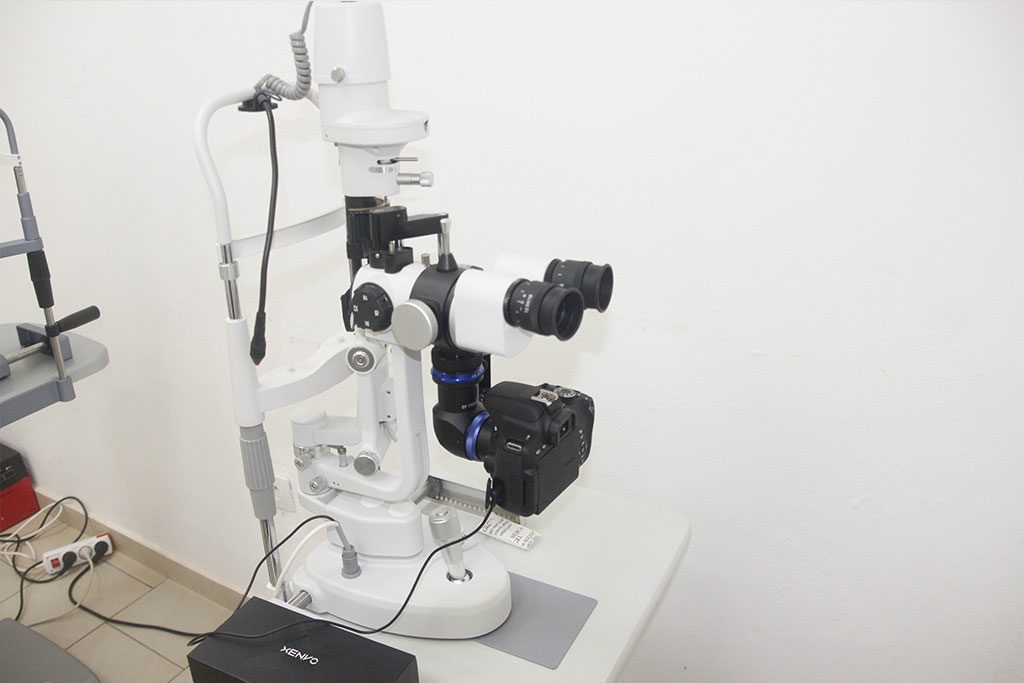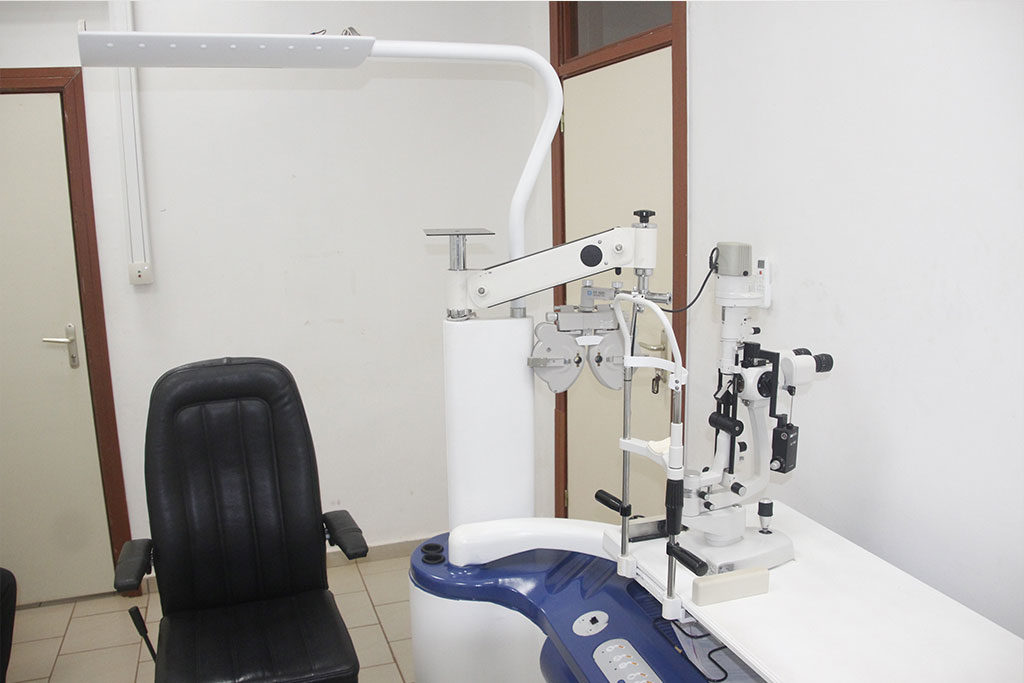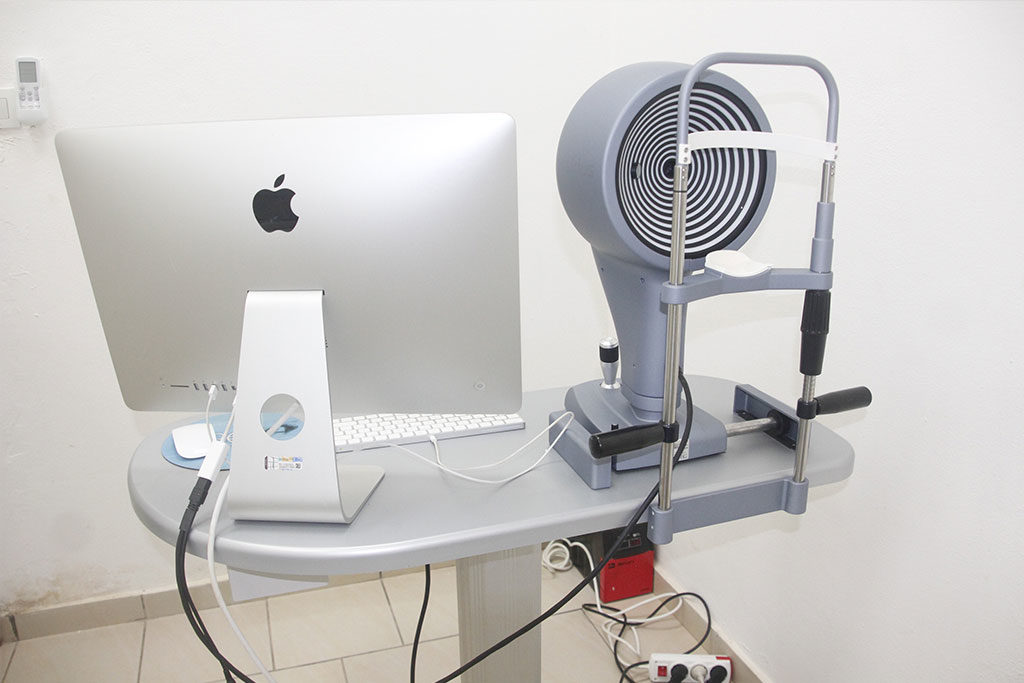Glaucoma
Centre for Sight Africa (CFSA) glaucoma specialists provide comprehensive services
Glaucoma, often called the ‘Silent Thief of Sight,’ can strike without warning. It is a progressive condition in which the major nerve of the eye, the optic nerve, is damaged due to increased internal eye pressure.
As many as 65 million people around the world have glaucoma and it is the leading cause of blindness and visual impairment in Nigeria. It is estimated that over four million people have glaucoma in Cameroon but only half of them know it. The key to combating this silent thief of sight is early detection followed by ongoing management of the disease.
Common Conditions
Causes/Risk Factors
The highest risk factors for glaucoma are elevated internal eye pressure, which can only be detected during a doctor’s examination, and age. People are six times more likely to get glaucoma if they are over 60 years old.
Family history and individual medical conditions present other risk factors. Current medical findings indicate glaucoma may have a genetic link that causes members of some families to be unusually susceptible to the disease.
Medical conditions such as diabetes, high blood pressure, heart disease or even nearsightedness can increase a person’s risk for glaucoma. Using corticosteroid medications for prolonged periods of time, especially in eye drop form, also appears to create risk of glaucoma. Major eye injuries can cause glaucoma to occur immediately after the injury or even years later.
Symptoms
The two most common types of glaucoma present themselves very differently. There are few or no symptoms or warnings for Primary Open-Angle Glaucoma (POAG). On the other hand, people with Angle-Closure Glaucoma (ACG) sometimes experience gradual loss of peripheral vision, usually in both eyes, which then advances to tunnel vision. Other people experience more pronounced symptoms including severe eye pain and headache, sometimes accompanied by nausea and vomiting, as well as blurred vision, halos around lights, sudden visual disturbances in low light and reddening of the eye.
Treatment Options
Centre For Sight Africa glaucoma specialists provide comprehensive services, including glaucoma evaluation and testing, management of intraocular pressure and treatment, including surgery, laser treatments and implants, to improve drainage of fluid from the eye and reduce intraocular pressure.
- Glaucoma Implants
- Glaucoma Medication
- Glaucoma Surgery
Vision loss from glaucoma is not reversible with treatment, even surgery, so it is imperative that people experiencing these symptoms seek immediate medical attention.
Centre For Sight Africa, glaucoma doctors perform an initial comprehensive glaucoma evaluation to:
- Measure the pressure in your eye (tonometry)
- Inspect your eye’s drainage angle (gonioscopy)
- Inspect your optic nerve and photograph it (ophthalmoscopy)
- Test your side, or peripheral, vision (visual field test)
- Measure the thickness of your cornea (pachymetry)
- Evaluate the thickness of the optic nerve fibers with nerve fiber analysis (eg. OCT)



